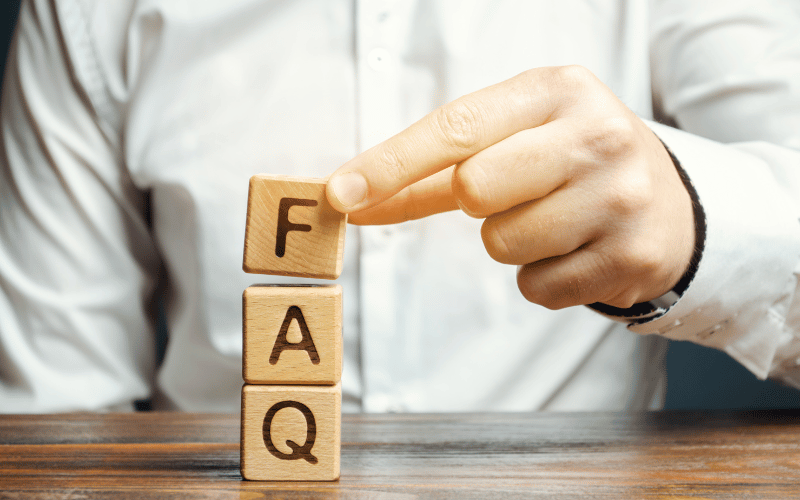Frequently Asked Questions: Unraveling Common Queries About Cholestasis

Can cholestasis go away on its own, or is treatment always required?
While some mild cases of cholestasis might resolve spontaneously, it’s crucial not to leave it to chance. Seeking medical advice ensures proper diagnosis and treatment, preventing potential complications and improving overall wellbeing.
Are there any specific lifestyle changes I can make to manage cholestasis effectively?
Absolutely. Adopting a healthy lifestyle can aid in managing cholestasis. This includes a well-balanced diet, regular exercise, and avoiding alcohol and other substances that can strain the liver. Staying hydrated and maintaining a healthy weight are also beneficial.
Is cholestasis only related to liver diseases, or can it be a symptom of other conditions?
While cholestasis is predominantly associated with liver dysfunction, it can also be a symptom of other conditions, such as certain infections or genetic disorders. Comprehensive testing is vital to pinpoint the exact cause and tailor the treatment accordingly.
How does cholestasis during pregnancy differ from other forms of cholestasis?
Cholestasis during pregnancy, or intrahepatic cholestasis of pregnancy (ICP), specifically affects pregnant women and carries risks for both the mother and the baby, including preterm birth and stillbirth. It requires careful monitoring and management to mitigate these risks.
Are there any long-term effects of cholestasis that I should be aware of?
Long-term effects of cholestasis can vary depending on the underlying cause and the effectiveness of the management plan. In some cases, if left untreated, it can lead to liver damage. Regular follow-up and adherence to treatment plans are crucial to minimizing any long-term impact.
Conclusion: Wrapping Up the Cholestasis Conundrum
Understanding cholestasis is a multifaceted journey, encompassing everything from recognizing the initial symptoms to navigating long-term management strategies. This comprehensive exploration has delved into various aspects of the condition, shedding light on its causes, symptoms, diagnostic procedures, and available treatments. For those grappling with this condition, the knowledge encapsulated here serves as a valuable resource, empowering them to take an active role in their healthcare journey. Equally, for expectant mothers facing intrahepatic cholestasis of pregnancy, this guide underscores the critical importance of timely intervention and vigilant monitoring.
In wrapping up this extensive discussion on cholestasis, the significance of a holistic approach to management becomes crystal clear. Beyond the physical symptoms and medical treatments, the role of emotional support and mental wellbeing cannot be overstated. Building a robust support network, seeking professional help when needed, and fostering resilience are all integral components of successfully navigating the challenges of cholestasis. With the right strategies in place, individuals living with cholestasis can lead full, vibrant lives, minimizing the impact of the condition on their daily existence. Armed with knowledge, support, and a proactive approach to management, the road ahead becomes less daunting, guiding those affected toward better health and improved quality of life.